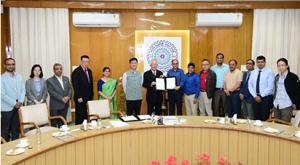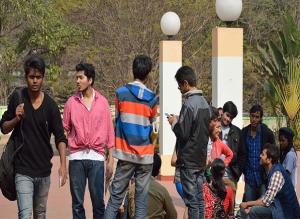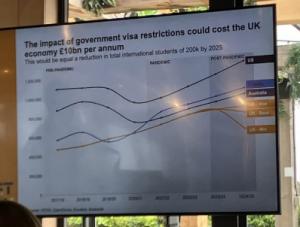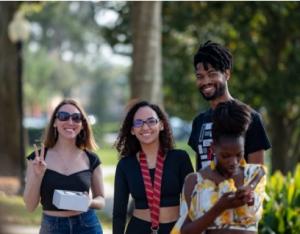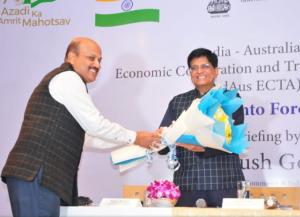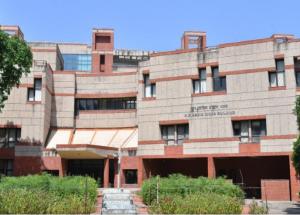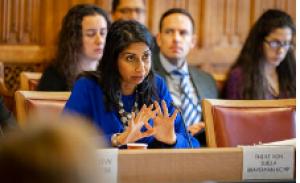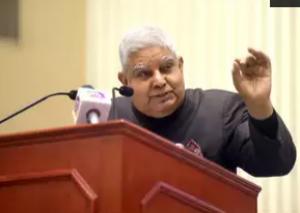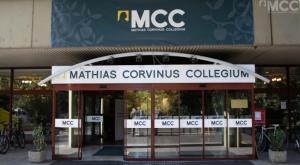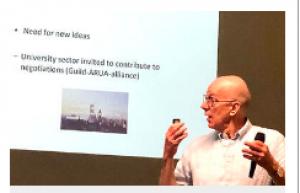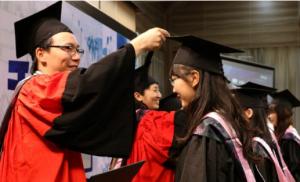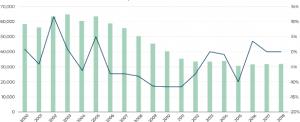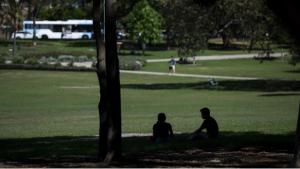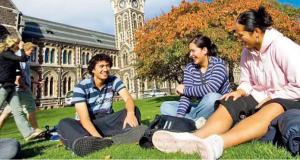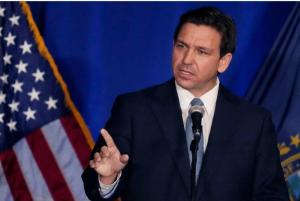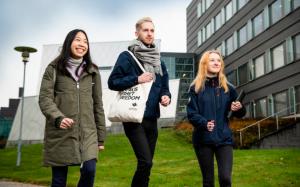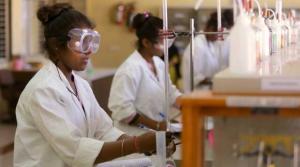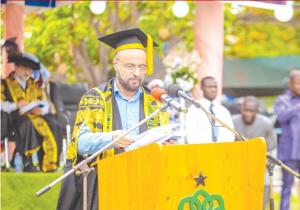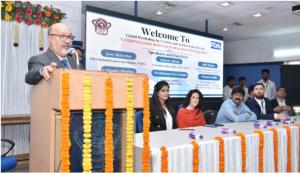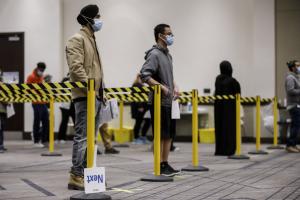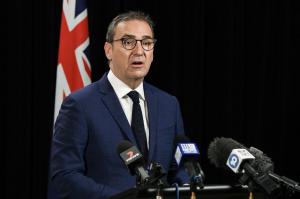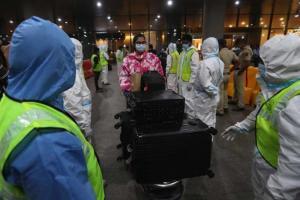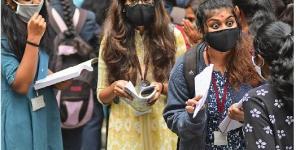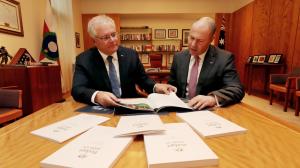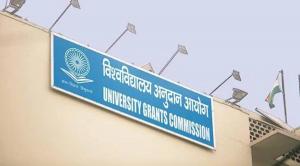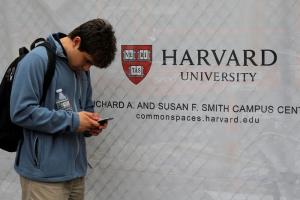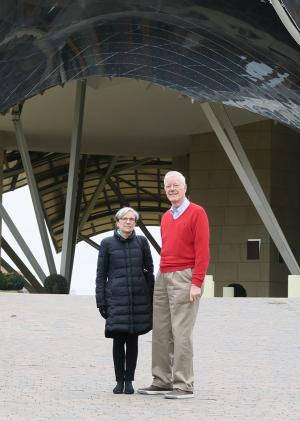A more detailed look at the surge in numbers of international students raises serious questions about the longer-term sustainability of such growth, and whether it contributes to the resilience of United Kingdom higher education, according to a recent report on international higher education strategy.
International student recruitment to the UK should pivot away from masters students, whose numbers have soared recently, towards undergraduates where demand has fallen from China and European Union countries since the Brexit withdrawal agreement, according to higher education experts.
The call comes in a report from the International Higher Education Commission (IHEC), the independent stakeholder group chaired by former UK universities’ minister and Conservative MP Chris Skidmore.
The commission wants to overhaul Britain’s four-year old international education strategy and create a new and more sustainable strategic framework, based on better data and better able to cope with shifts in global student demand for UK higher education and other ‘vulnerabilities’, including increasing non-completion rates, a significant loss in diversity of students following Brexit and threats to the research talent pipeline from the recent decline in postgraduate research students from China.
The commission’s report, titled International Higher Education Strategy 2.0: Targeted growth for resilience, was co-authored by international higher education consultants Dr Janet B Ilieva and Pat Killingley.
Partial ban on dependants
The publication coincides with an eventful few weeks for international higher education in the UK, with British Home Secretary Suella Braverman ending months of intense speculation about soaring foreign student numbers and record net migration by announcing a ban on taught masters students bringing their dependants from January 2024, as University World News reported.
The commission includes many sector leaders as well as international student representatives.
In the report’s forward Skidmore, who was minister of state for universities and science in 2019 when the international education strategy was launched and the re-introduction of the two-year post-study work visa for international graduates from 2021 was first announced, said: “Universities need greater support across government, along with policy clarity and stability, in order to maintain a globally attractive higher education sector.”
Using the latest data from the Higher Education Statistics Agency for 2021-22, the report says this is no time for complacency despite the original target of 600,000 international student numbers by 2030 being reached eight years ahead of schedule and the number of foreign students in the UK soaring to nearly 680,000 last year.
Those buoyant numbers are “largely the result of a particular set of circumstances and unlikely to be sustainable in the long term”, said Skidmore.
He warned: “Shifts in global student demand for UK higher education – in terms of the sending geographies and the move from undergraduate to postgraduate recruitment – are creating serious vulnerabilities, including increasing non-completion rates, and there is a significant loss in diversity and particular threats to the research talent pipeline.
“EU numbers have fallen dramatically and the pivot to recruitment of students from South Asia and Sub-Saharan Africa has not just changed the nationality mix, but the type of students, who now tend to be older and therefore increasingly likely to come with dependants.”
Skidmore also warned in the foreword against “mission creep, expansion of the regulatory role of government and non-governmental organisations, or messages, intentional or not, that say that overseas students are a problem and are not welcome”.
On balance, the ‘correct’ way forward
However, in a statement accompanying the report’s publication, Skidmore responded to the package of measures announced by the home secretary which University World News covered last week by saying: “The government's announcement is on balance the correct way forward: there has been a rowing back from looking at overall international student numbers and placing a cap on these, which would have been disastrous both for the UK economy and the HE sector, given that international students contribute over £40 billion (US$49 billion) to our local regions.
“The two-year post-study work visa has also remained in place, which is vital if we are to remain globally competitive, given other countries have more attractive visa offers.
“It is right that the issue of dependants is looked at, in order to create a more sustainable international higher education system.”
This has surprised some higher education stakeholders, who point out the question of actually banning family members from coming to the UK with international masters students was not mentioned in the commission’s report.
The main findings do, however, highlight a shift from first-degree to masters programmes, saying: “Masters students now significantly outnumber those on undergraduate courses, principally because most undergraduates came from the EU and China.
“These [undergraduate] groups have declined and been replaced by students from India, Nigeria and Pakistan on short-term masters degrees, which are typically nine months long. The recruitment cycle is much shorter and more expensive.
“Some masters courses, particularly in science, technology, engineering and maths (STEM) and in business-related subjects where over 90 per cent of the full-time students are from overseas, may become unviable if overseas recruitment is limited.”
Ilieva told University World News: “Restrictions imposed on masters students’ dependants are likely to have a negative impact on demand. In the context of reductions in home students’ enrolments, the viability of these subjects is uncertain.
“The future of the UK’s research talent pipeline is also uncertain as a result of reductions in EU entrants to research programmes in the UK, combined with reductions in entrants of PhDs from China. The majority of postgraduate research students are concentrated in STEM subjects, meaning that this is the hardest-hit area.”
She also said: “The declining numbers of EU and Chinese students also place huge pressure on sustaining some undergraduate programmes. The increase in masters students contrasts with first-degree entrants, whose proportion of the international student market in the UK dipped from 39% in 2017 to 26% in 2021.
“In absolute terms, first-degree entrants dipped by over 16,300 students and PhD entrants by 1,100. Over the past year, the intake of masters students increased by almost 62,000 students.”
Killingley told University World News: “The findings in our report comprise a data analysis of the international student market intended to provide a reliable evidence base for future planning and dispelling a few myths along the way.
“Our recommendations are the areas we suggest the International Higher Education Commission should focus on as part of its future programme and are not intended as recommendations for the UK HE sector or UK government.”
Positive international student stories
The report from the commission chaired by Skidmore also coincided with the relaunch of the #WeAreInternational campaign to highlight positive international student success stories and counter what one of its founders, Ruth Arnold from the Study Group, calls “a barrage of negative stereotypes” and “negative stories about foreign students adding to net migration figures”.
Former international students are heavily involved with the campaign, including 25-year-old Anna Zvagule, who is half Latvian and half American and grew up in the Czech Republic. She enrolled as an undergraduate politics student at the University of Warwick in 2015, a year before the Brexit referendum, and now works as a communication officer for London Higher, the voice of universities in the UK’s capital.
Despite the uncertainties caused by Brexit and the fall in EU students coming to Britain to study, she told University World News: “I want other international students to come to the UK and to experience it the way I did: positively and safely.”
Also being highlighted by the campaign is Albanian student Dhionis Llanaj, who first came to the UK with his twin brother to do a foundation year in science and engineering at Study Group’s international centre in Leeds before doing a degree in medical science at Leeds University.
He worked as a registered nurse on the frontline in Leeds Infirmary ICU, delivering critical care to countless patients during the COVID-19 pandemic while studying and is now an education practitioner at Leeds Teaching Hospitals NHS Trust.
He told University World News the job involves teaching around 1,800 new staff, apprentices and international nurses who have come to the UK to work, coaching them in understanding how the NHS operates, how to adapt to the hospital environment and deliver the best quality care.
“As a previous international student, I know how difficult it can be to transition to a completely different environment and culture. Having someone with similar experience to support you and explain how things work is quite helpful, making you feel safe and not alone.
Quality teaching, employability focus
“I encourage others to pursue a UK education, particularly medical professionals, because of the quality of teaching and employability focus.”
Another student who benefitted from a Study Group foundation year before enrolling on her degree at the University of Surrey is Theresa Olloh from Nigeria. She set up her own e-commerce business while studying “to give a global platform to independent makers, artisans, and designers from Africa” and help them connect to global customers, mainly in the UK, and market unique, sustainable African goods.
She told University World News: “Despite significantly higher tuition fees in comparison to domestic students, I chose to study in the UK because of its high-quality education, proximity to home, and access to global opportunities.
“Having graduated in 2017 and now a settled individual contributing to the UK's economy through taxes, I’m not at all surprised by the number of students who decide to pursue their education here and the tremendous value they bring.
“My student experience exposed me to diverse cultures, largely thanks to the presence of international students in my university. I never felt out of place because I was surrounded by fellow students and friends who were also navigating this unfamiliar terrain of adulthood in a different country.
“Considering the cultural, financial and overall value that international students bring, I believe that more of them should be given the opportunity to study in the UK.”

Source link: https://www.universityworldnews.com/post.php?story=20230531145907692
















